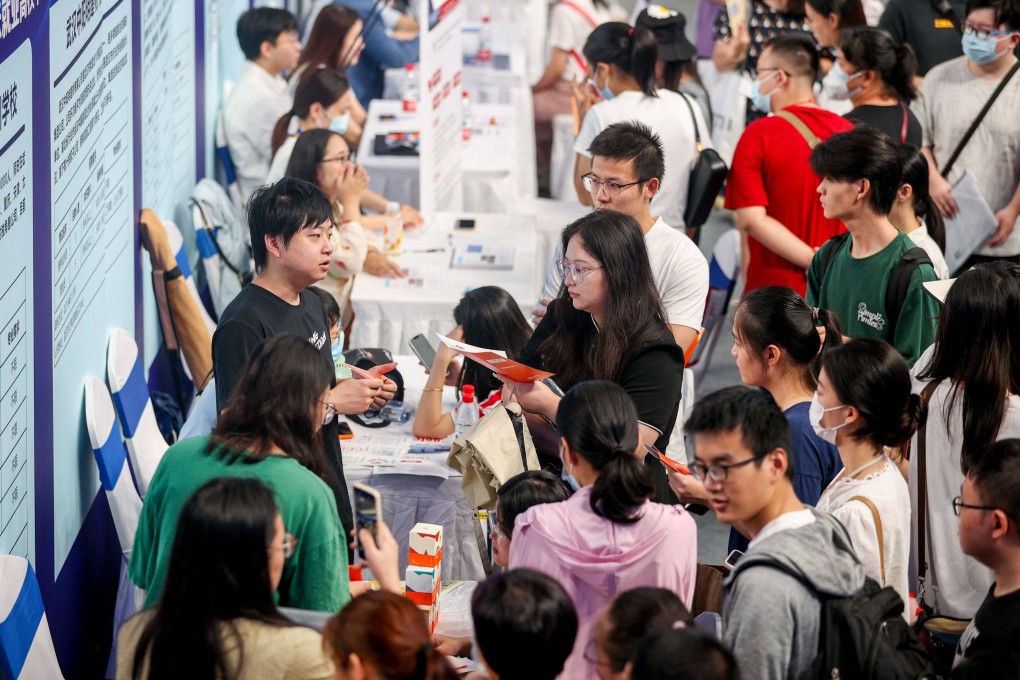Opinion | Asia should uncage the private sector’s ‘animal spirits’ to get economies out of their rut
- The world today is caught in a classic confidence trap. More government regulation cannot arrest the downward spiral, and policymakers must take a bet on the markets’ instincts for creativity and innovation

Throughout history, humanity’s creativity and innovation in times of adversity have come from “animal spirits”. In his seminal 1936 work, The General Theory of Employment, Interest and Money, economist John Maynard Keynes shrewdly noted that people tended to take positive action based not on mathematical calculation but on “spontaneous optimism”.
Most decisions to do something positive “can only be taken as a result of animal spirits – of a spontaneous urge to action”, he said, warning that if the “animal spirits are dimmed and the spontaneous optimism falters … enterprise will fade and die”.
Writing at the height of the Great Depression, Keynes saw that the market could not, by itself, shake itself out of a downward spiral in confidence. Animal spirits are needed to get the economy out of the quagmire (defined by Keynes as a liquidity or confidence trap), but instead of depending on the market to self-correct, Keynes recommended that the state deploy fiscal expenditure to get the economy going.
The world today is caught in a similar confidence trap – staved off only by central banks and governments willing to print money as the aspirin to cure the structural malaise of low productivity, social injustices and environmental imbalance.
The Ukraine war has already led to thousands of lost lives, tonnes of wasted ammunition, and damage to some of the richest soil in Europe.
